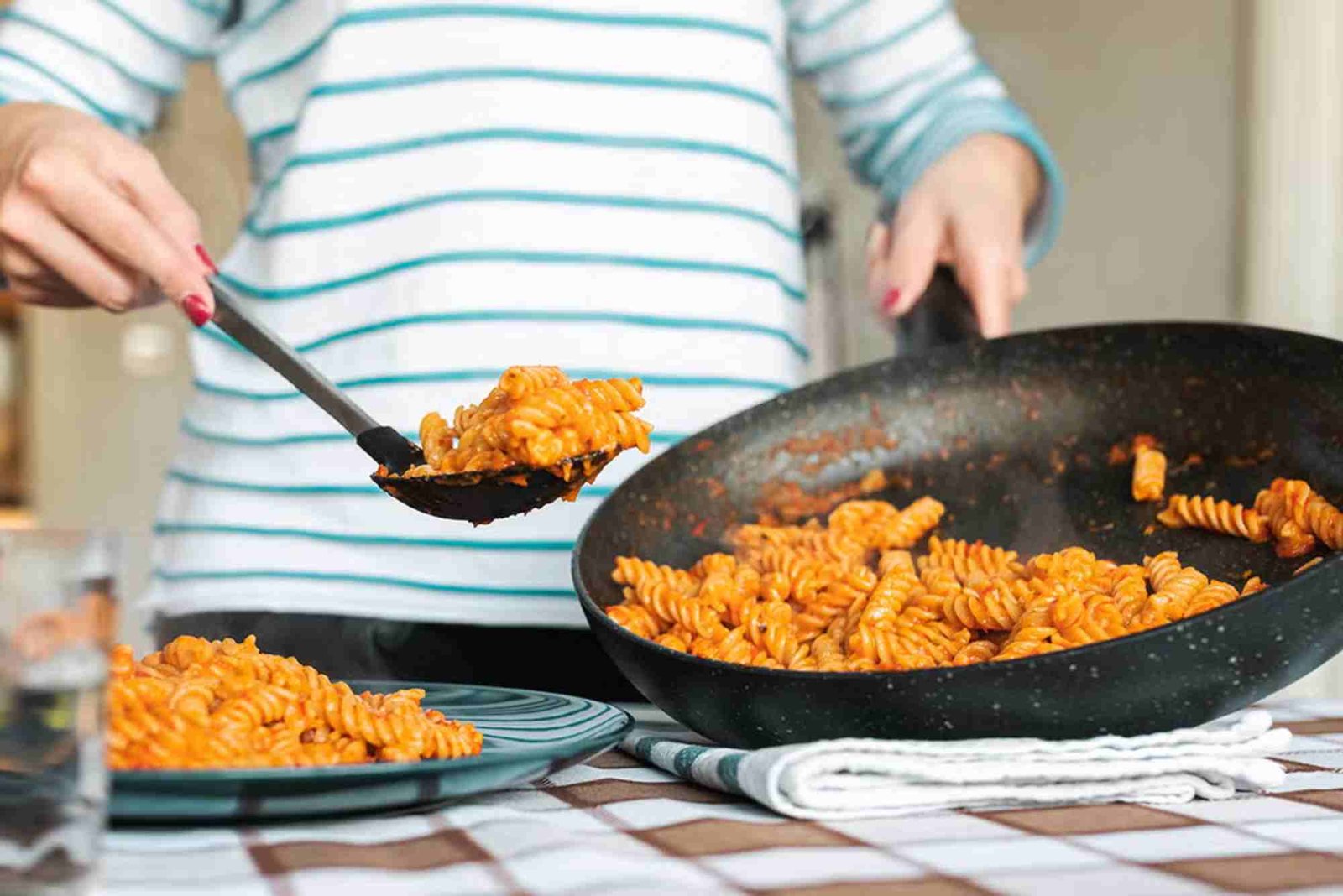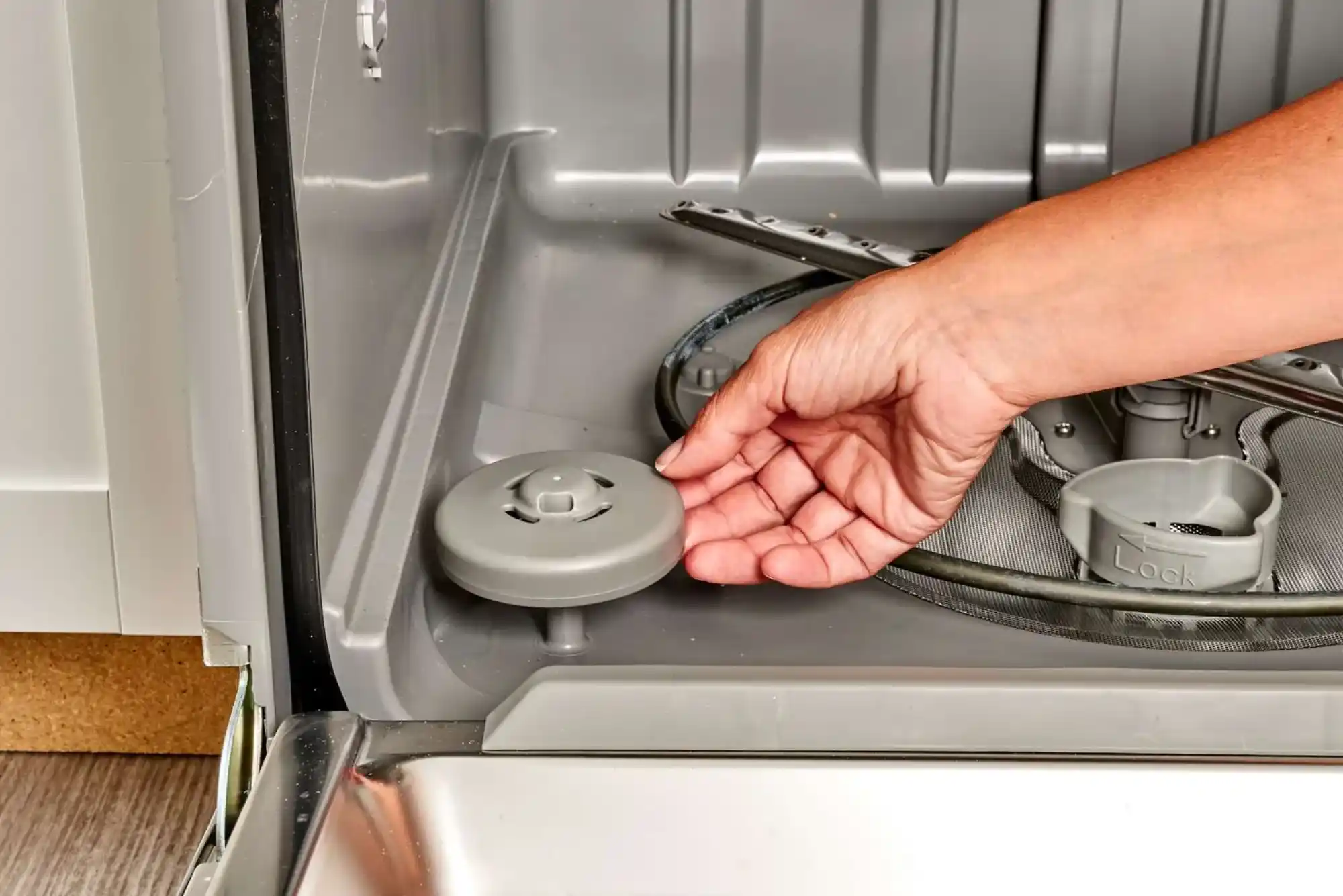Introduction
Chickpea pasta has become a popular alternative to traditional wheat-based pasta. It’s gluten-free, protein-rich, and packed with fiber. But one question often pops up — does chickpea pasta make you poop? If you’ve noticed changes in your digestion after eating it, you’re not alone. Many people report that chickpea pasta can have a noticeable effect on their bowel movements.
Let’s explore why this happens, what it means for your gut health, and how to enjoy chickpea pasta without unwanted discomfort.
Understanding Chickpea Pasta and Its Digestive Effects
Chickpea pasta is made from ground chickpeas, a legume known for its dense nutrient profile. It’s a favorite among vegans, gluten-free eaters, and anyone looking for a healthier pasta option. However, what makes it nutritious can also impact digestion.
Fiber: The Main Driver Behind the Effect
One cup of cooked chickpea pasta contains about 8 grams of dietary fiber — significantly higher than traditional pasta. Fiber adds bulk to your stool and speeds up bowel movement. So yes, chickpea pasta can make you poop, especially if your diet was previously low in fiber.
If your digestive system isn’t used to such high fiber intake, you might experience bloating, gas, or even mild diarrhea at first. The key is moderation — start with small portions and gradually increase.
Resistant Starch and Gut Health
Chickpeas also contain resistant starch, a type of carbohydrate that resists digestion in the small intestine. This starch acts as food for your gut bacteria, promoting a healthy microbiome. As bacteria ferment resistant starch, they produce short-chain fatty acids like butyrate, which support colon health.
However, this fermentation can also cause gas, leading to that “gassy” feeling after eating chickpea pasta. It’s a sign that your gut bacteria are active — but moderation and hydration can help manage it.
Does Chickpea Pasta Really Make You Poop More?
The simple answer: yes, for most people. But the extent depends on your body’s tolerance, current diet, and hydration levels. Let’s break down how it influences your digestive rhythm.
Increased Fiber Intake
Switching from refined carbs to chickpea pasta can boost your fiber intake by two or three times. That means your digestive system suddenly has more material to process. Fiber helps your stool move through the intestines more efficiently, which can lead to more frequent bathroom visits.
Hydration and Fiber Balance
Fiber works best when paired with adequate hydration. If you don’t drink enough water, chickpea pasta can do the opposite — it might make you constipated. Always drink at least 8 glasses of water daily when increasing fiber intake.
Individual Sensitivity to Legumes
Some people are sensitive to oligosaccharides — complex sugars found in legumes. These sugars can ferment in your gut, causing bloating or cramps. If this sounds familiar, try rinsing your chickpea pasta before cooking or combining it with digestive-friendly foods like spinach or zucchini.
How to Eat Chickpea Pasta Without Discomfort
Chickpea pasta can be a fantastic addition to your diet if you consume it mindfully. Here’s how to enjoy it while keeping your digestion smooth.
Start Slow
If you’re new to high-fiber foods, begin with smaller servings. Give your digestive system time to adjust. Gradually increase your portion size over a few weeks.
Pair It with the Right Foods
Combine chickpea pasta with fresh vegetables, olive oil, and lean proteins. Avoid pairing it with heavy cream sauces or other gas-forming foods like beans or broccoli in large amounts.
Stay Hydrated
Water is essential for fiber to work properly. Hydration prevents bloating and constipation, helping your digestive system maintain balance.
Cook It Properly
Overcooked chickpea pasta can become mushy and harder to digest. Cook it al dente and rinse lightly to reduce residual starch.
Nutritional Benefits Beyond Digestion
Beyond its effect on bowel movements, chickpea pasta offers a range of nutritional advantages that make it a smart choice for many diets.
High in Protein
With around 13–15 grams of protein per serving, chickpea pasta supports muscle growth and keeps you feeling full longer. This makes it ideal for vegetarians, vegans, and athletes.
Gluten-Free and Low-Glycemic
Chickpea pasta is naturally gluten-free, making it a safe alternative for those with gluten intolerance or celiac disease. It also has a lower glycemic index, meaning it won’t spike your blood sugar levels as quickly as refined pasta.
Packed with Micronutrients
It’s rich in iron, magnesium, and folate — nutrients essential for energy, nerve function, and overall health.
Common Digestive Questions About Chickpea Pasta
Let’s answer some of the most frequently asked questions that people search online about this trending food.
Does Chickpea Pasta Make You Gassy?
Yes, chickpea pasta can make you gassy due to its high fiber and oligosaccharide content. This is normal and tends to lessen as your gut adjusts. Cooking thoroughly and eating smaller portions can reduce the effect.
Can Chickpea Pasta Cause Diarrhea?
If you eat too much chickpea pasta too soon, it might. Excess fiber and resistant starch can speed up digestion. Balance it with water and lower-fiber foods to prevent this.
Is Chickpea Pasta Good for Constipation?
Absolutely. Chickpea pasta can help relieve constipation by softening stool and promoting bowel movement. Just ensure you’re drinking plenty of fluids to complement its fiber content.
Is Chickpea Pasta Easy to Digest?
For most people, yes — once the body adapts. However, if you have IBS or a sensitive gut, start with small portions and track your body’s response.
Can Chickpea Pasta Replace Regular Pasta?
Definitely. It’s a nutrient-dense alternative that offers protein, fiber, and a mild nutty flavor. It fits into weight loss, vegan, and gluten-free diets easily.
Comparing Chickpea Pasta to Regular Pasta
Traditional pasta made from refined wheat lacks fiber and tends to digest faster, offering less satiety. Chickpea pasta, on the other hand, provides longer-lasting fullness and more stable energy.
However, while it’s a healthier choice nutritionally, the digestive adjustment period is something to note. A balanced approach — mixing chickpea pasta with whole-grain or lentil pasta occasionally — can help you reap the benefits without the digestive surprises.
Related Considerations: Gluten-Free Options
If you’re exploring healthy pasta alternatives, you might also wonder about gluten-free options in restaurants. Our Related Food article discusses whether Pizza Hut offers a gluten-free crust — a helpful read if you’re sensitive to gluten and still love dining out.
Expert Tips for a Comfortable Experience
-
Eat slowly and chew thoroughly to aid digestion.
-
Incorporate probiotics like yogurt or kefir to balance gut bacteria.
-
If you experience discomfort, give your body time to adapt rather than eliminating chickpea pasta completely.
-
Combine chickpea pasta with digestive herbs like ginger or fennel for a soothing effect.
Small adjustments like these can make a big difference in how your body responds to fiber-rich foods.
Does Chickpea Pasta Make You Poop?
So, does chickpea pasta make you poop? The answer is a confident yes — but that’s a good thing. Its high fiber and nutrient content support healthy digestion, promote regularity, and nourish your gut microbiome.
Just remember: moderation, hydration, and balance are key. Chickpea pasta is not just a trend — it’s a step toward mindful eating and better digestive health.
If you’re curious about other food-related insights, visit our Does Chickpea Pasta Make You Poop section for more healthy eating tips. To expand your knowledge further, Learn more about nutrition and lifestyle choices that keep your gut happy and your body energized.












